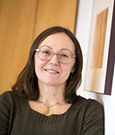
Paola Arlotta
Harvard University,
USA
EMBO | EMBL Symposium
EMBL is committed to sharing research advances and sustaining scientific interaction throughout the coronavirus pandemic. We are delighted to announce that the symposium is going virtual and invite you to join us online. The virtual symposium includes talks from invited speakers, short talk presenters, digital poster sessions and networking opportunities.
The ability to grow human tissues from stem cells in 3D culture has the potential to revolutionise the drug discovery process and regenerative medicine. Building on a long tradition of cell and developmental biology knowledge, organoids resembling a variety of human tissues have been generated. This symposium will bring together the leading researchers in this field to establish a new research community and reveal parallels between various tissue models.
The aim of this meeting is to bring together researchers from different fields to enhance our understanding of how organoids can be formed and maintained, how they can be used to study disease and how we might eventually use them to regenerate and replace human organ tissue.
“By attending the Organoids symposium, we acquired a snapshot of the current advances in the field and also a flavour of what would be the future technologies. We realised that the next step in terms of methodology for our organoid work was the development of robust imaging and drug screening capabilities.” – Thierry Jarde, Monash University, Australia
“Participating at this meeting was an amazing opportunity for a young scientist like me to grow a deeper knowledge and connections in my research field, learning from previous work and discuss about future directions. It was inspiring.” – Francesca Paradiso, Swansea University, UK
“The organoids symposium was one of the best conferences I attended so far. Beside the location and networking possibilities I would like to emphasize the great choice of speakers and posters. The presented data and new applications were astonishing and represented the development of organoid field very nicely. Thank you very much for the organization of such a great symposium.” – Thomas Däullary, University of Würzburg, Germany
“A very focused meeting perfect for gaining insights into the most recent research and clinical findings, and a significant opportunity to network and receive feedback from peers and experts of the Organoid field.” – Shyam S Jose, FNUSA-ICRC, Czech Republic

Harvard University,
USA

Cincinnati Children’s Hospital Medical Center,
USA

University of Würzburg,
Germany
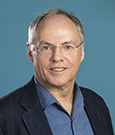
Hubrecht Institute,
The Netherlands
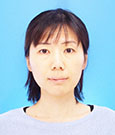
EMBL Barcelona,
Spain
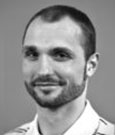
ETH Zürich,
Switzerland
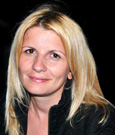
Max-Delbrück Center for Molecular Medicine,
Germany
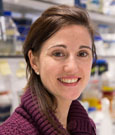
Max Planck Institute of Molecular Cell Biology and Genetics,
Germany
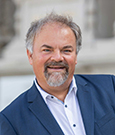
Institute of Molecular Biotechnology,
Austria
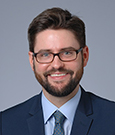
Boston Children’s Hospital,
USA
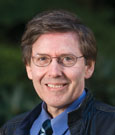
University of California, San Francisco,
USA
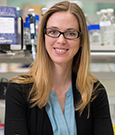
MRC Laboratory of Molecular Biology,
UK
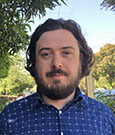
Murdoch Childrens Research Institute,
Australia

Friedrich Miescher Institute for Biomedical Research,
Switzerland
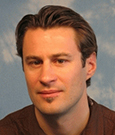
École Polytechnique Fédérale de Lausanne,
Switzerland
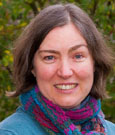
The Gurdon Institute,
UK
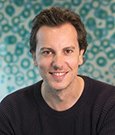
Institute of Molecular Biotechnology,
Austria
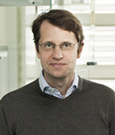
Institute of Molecular and Clinical Ophthalmology,
Switzerland
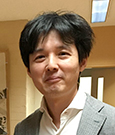
Keio University,
Japan
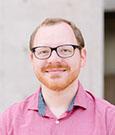
The Salk Institute for Biological Studies,
USA
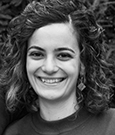
University of Cambridge,
UK
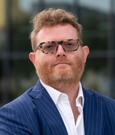
University of Milan, Human Technopole and European Institute of Oncology,
Italy
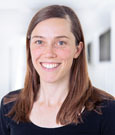
ETH Zürich,
Switzerland

University of Cambridge,
UK
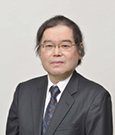
Tokyo Medical and Dental University,
Japan
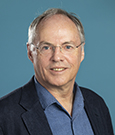
Max Planck Institute of Molecular Cell Biology and Genetics,
Germany

Max Planck Institute of Molecular Cell Biology and Genetics,
Germany

Institute of Molecular Biotechnology,
Austria

MRC Laboratory of Molecular Biology,
UK
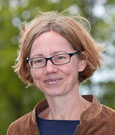
EMBO Reports,
Germany
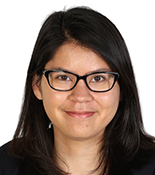
EMBL Heidelberg
Germany
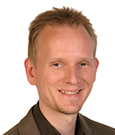
EMBL Heidelberg,
Germany
Date: 21 - 24 Oct 2020
Location: Virtual